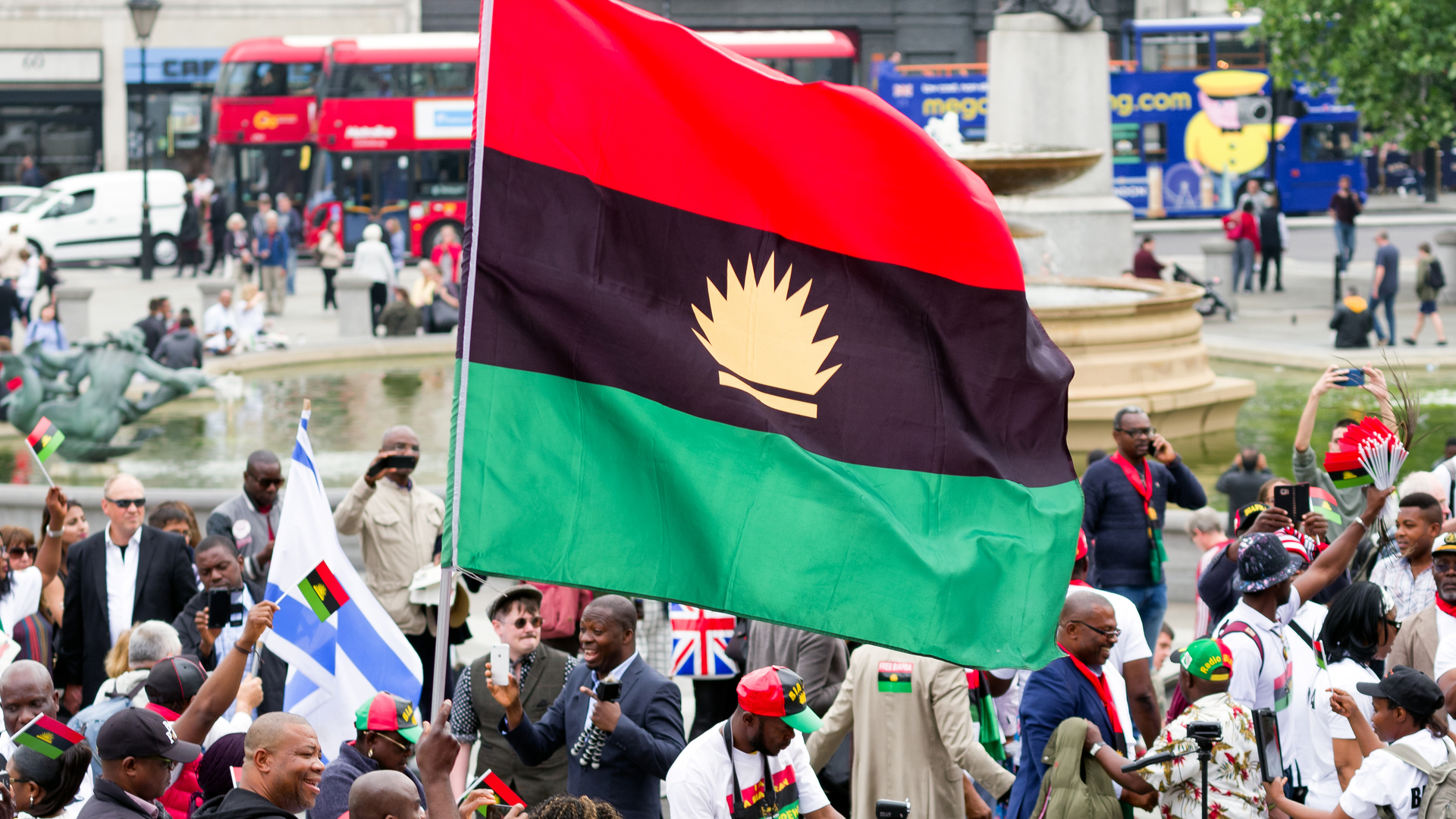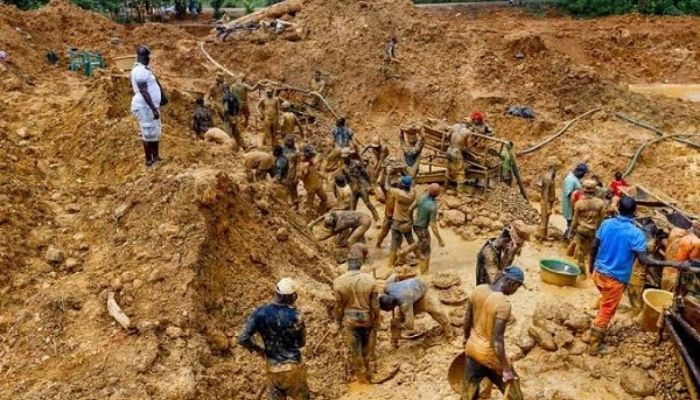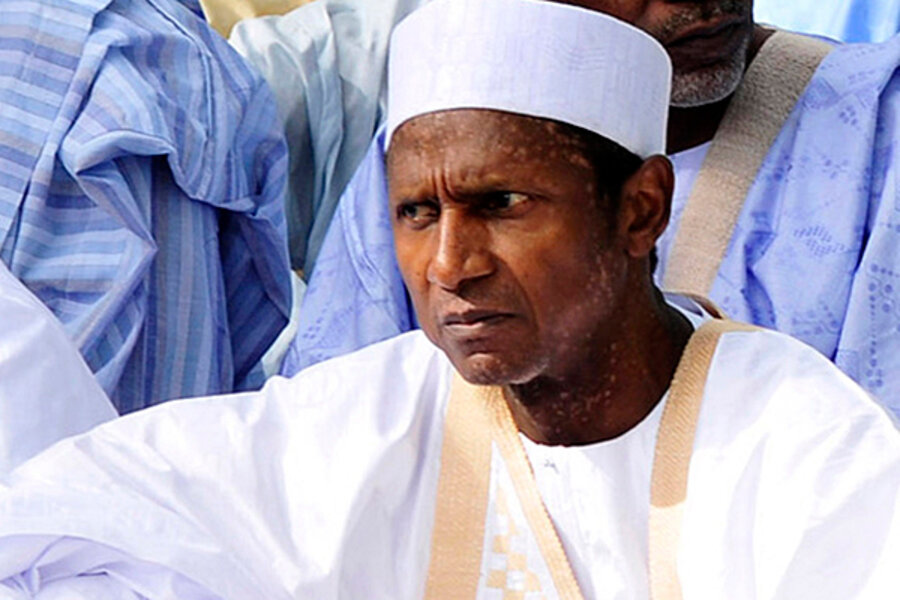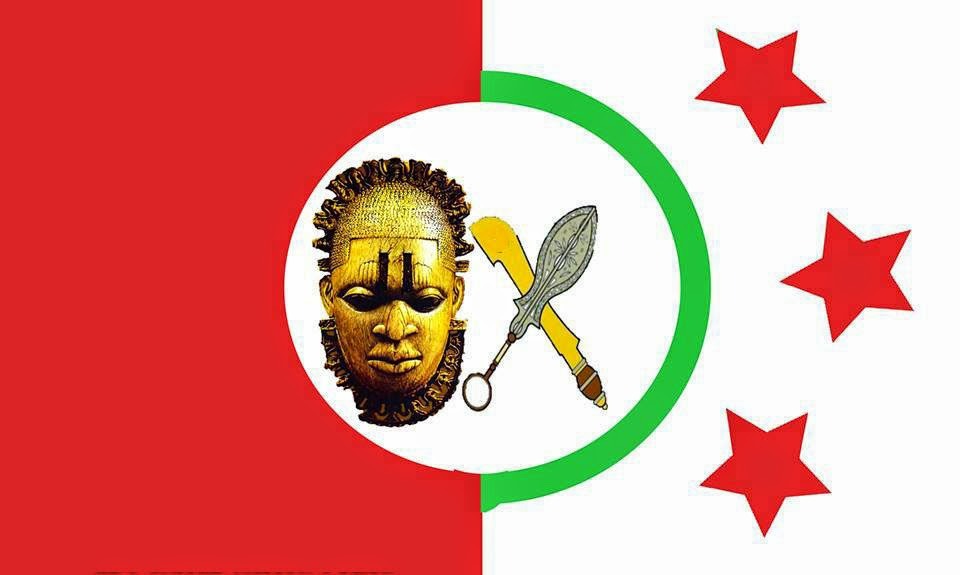culled from THISDAY, May 08, 2005
Two things – I’m angry and I’m sad. But that should not surprise me. There is no time I travel out of this country and come back without having a stint of depression. Not that I expect my country to be like America or the United Kingdom overnight, but at least I expect our rulers – who are among the most travelled in the history of mankind – to have mercy on this country by leading us in the right direction, judging by what they see in civilised countries.
I was one of the 45 journalists from 30 countries that covered the British parliamentary elections last week on the ticket of the British Council. There were journalists from Afghanistan, Iraq, Vietnam, Sudan, Venezuela, Brazil, Hong Kong, Bosnia, China and Palestine, among others. The aim of the project was make us experience, first-hand, the practice of democracy in the UK. We were assigned to “shadow” Members of Parliament (MPs) so that we could see how they relate with members of their constituencies and how they conduct their campaigns. We also witnessed the elections.
In as much as I don’t like comparing my country with developed countries because of the incredible gap between us, I found some things so easy and simple to achieve that I just couldn’t stop myself from comparing what we call democracy in Nigeria to what they call democracy in the UK. The more I did this, the sadder and angrier I get, and I get depressed because we are being taken for a ride in Nigeria by those who should know better.
To start with, voters’ register is not a secret document in the UK. Every candidate had access to it via the computer. I was assigned to “shadow” Ms Harriet Harman, the MP for the Camberwell and Peckham Constituency – where thousands of Nigerians reside. It is said to be the largest Nigerian community anywhere in Europe. As I worked with Harman’s campaign staff, I was dazzled by the openness with which campaigns are conducted. They showed me the database of ALL registered voters in the constituency – their names, dates of birth, home addresses and so on.
Is this impossible to achieve in Nigeria? Of course, those who continue to drag this country backward will tell you our democracy is just six years old! Unfortunately for them, they don’t seem to know that it won’t take six years to feed voters’ data into the computer. In fact, it may not take more than one week. The trick Independent National Electoral Commission (INEC) and the politicians normally play with the voters’ register will make them continue to tell us how impossible it is to make voters’ register available to the public.
The voters’ register, it must be noted, was a major instrument in the monumental rigging that took place in Nigeria in 2003, especially in the South-west. Many voters were disenfranchised by the refusal of INEC to display the register on time or at all, and their names had been meticulously deleted from the register because of the party they were likely to vote for. If they complained at the polling booth, policemen were fully prepared to dispose of them without wasting a bullet.
If we had a transparent voters’ registration system, I’m sure we would have been able to track down those 72,000 registered votes in Brass, Bayelsa State, who ALL cast their votes for the Peoples Democratic Party (PDP) in the 2003 presidential election. Imagine the statistics – registered voters: 72,000; turnout: 72,000; votes cast: 72,000; voided votes: none; votes for PDP: 72,000; Other parties: 0. Nobody took ill, nobody travelled, nobody died, nobody stayed back at home. That is 100% score. Excellent. The stuff geniuses are made of. This is democracy in action in Nigeria.
I noticed that the candidates in the UK elections went a long mile in trying to convince the electorate to vote for them. My “candidate” wrote personalised letters to every potential voter in her constituency – about 70,000 of them – and we delivered the letters by hand to their doorsteps. We also spent a whole day distributing leaflets (they call it “leafleting”) to every home. According to one of the campaign aides, they campaigned directly to the people at least thrice before the elections. They knew those who voted for Harman in 2001, those who were likely to vote for her this year and those who had decamped to the ever-threatening Liberal Democrats.
In my own country, politicians do not need to persuade anybody to vote for them. As long as they are in the right camp, the results would be in their favour. All it takes is a few policemen, some soldiers and an INEC official who would sit down in one small room and do the voting themselves. That is if voting is necessary at all – since it is faster and cheaper and less strenuous to take a sheet of paper and allocate votes.
During the campaigns, I didn’t hear stuffs like: “It is the turn of North London to produce the Prime Minister” or “It is Liverpool’s turn.” Honestly, the issues that were discussed were healthcare, mortgage, Iraq War, school discipline and tax. Compare this with Nigeria where millions of people are desperately in need of medicines, good education, transportation and accommodation but where the topic of discussion is on whether it is the turn of Ijebu North or Ondo town to produce the next president. No wonder we are stuck to the same spot year in year out.
On my arrival in Nigeria, I was greeted with a story in the dailies that Adamawa State government had stopped Brig. Gen. Mohamed Buba Marwa from holding his rally scheduled for Saturday, May 7. In fact, they had suddenly passed a law to institute a monthly environmental sanitation exercise which was to start the same day Marwa wanted to hold the rally. The law was passed on Friday, May 6, and signed same day by the governor, Mr. Boni Haruna. If it was a law that would better the lot of the downtrodden people of the state, I’m sure it would take another two years to pass. But since it was aimed at dealing with a perceived political opponent, it would take just two hours. That is democracy in my country.
This is totally different from what I saw in the UK. In the ruling Labour party, Tony Blair, the Prime Minister, had to contend with the rising popularity of the Chancellor of the Exchequer, Gordon Brown, who is more popular than Blair and who is waiting in the wings to take over leadership of the party and become the Prime Minister probably in three years’ time. Brown was Blair’s main rival in the Labour party, yet he was not expelled for anti-party activities by the powers that be. He even went on campaign with Blair, and when he was asked if he would have gone to war in Iraq, he simply said yes, to the relief of Blair. Indeed, Blair tried to ride on Gordon’s popularity to help Labour win a third term. I can’t count how many politicians have been expelled or suspended from their parties in my country simply because of their rising popularity or dissent.
On the election day proper, you would swear there was nothing of such going on. Everybody went about his business without any thugs or policemen harassing the people. In fact, it was not a public holiday. People simply walked to the polling stations, voted and went away. No scarcity of ballot papers. No guns. No games. No annulment. Votes were counted in the open, covered by TV cameras. Nigeria has over 60 TV stations, yet they are not allowed to record and broadcast the collation and counting processes. Technology has certainly helped in bringing about transparency, but here, the powers that be will not allow this because “our democracy is still young”.
Interestingly, when it was clear that Labour had won the majority in the Parliament, I didn’t hear Blair say: “I want to thank God for…” He simply thanked the British people who made it possible for his party to win. I don’t have anything against thanking God for electoral victory, but I feel funny when people use God’s name as a camouflage after clearly manipulating and desecrating democracy. Can you imagine that a Nigerian politician, who knows clearly in his heart that he has senselessly rigged an election, will open his mouth and say: “Let me first give glory to God for making this victory possible…” He would even hold a thanksgiving service in a church, presided over by “men of God” who love their bellies more than they love the Bible. Ironically, the British don’t claim to know God so much or acknowledge his hand in anything, yet they are more decent and sincere than the hypocrites and parasites we have in this society.
There was the other side of UK elections – like the issue of postal vote. To make sure more people vote, The Electoral Commission introduced voting by post. Your ballot paper would be delivered to you by post and you would vote and post it to the commission. Over six million voters settled for this system. Unfortunately, due to a serious lapse on the part of the commission, some voters got two ballot papers. This error came as a result of voters who have two addresses – one school or office and the other residential. In some cases, some had two residential addresses. Although this was a negative development, it was very clear that it was not that the electoral commission did it deliberately to favour one candidate or the other. It was a novelty from which they must have learnt their lessons now. I’m sure this error will be dealt with before the next elections.
I will quickly add something here – it is not a hopeless situation for Nigeria. All we need is sincere and competent leadership. Everything will begin to fall in place. The manipulation of the electoral process is at the root of the disaster we have found ourselves today. But one day, we shall be delivered from the wolves in sheep’s clothing.












